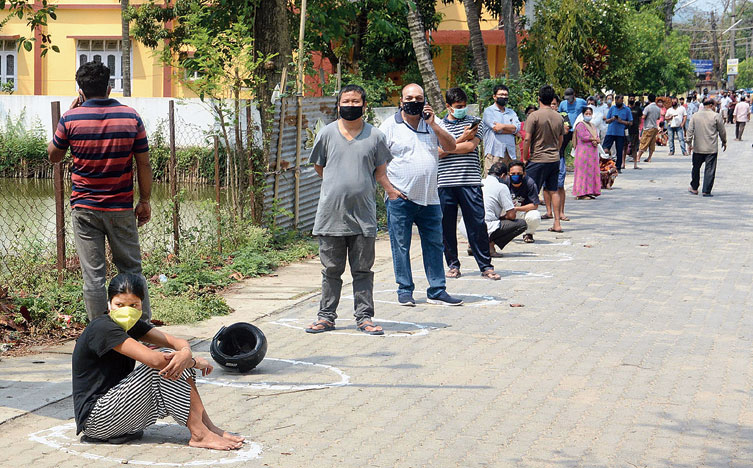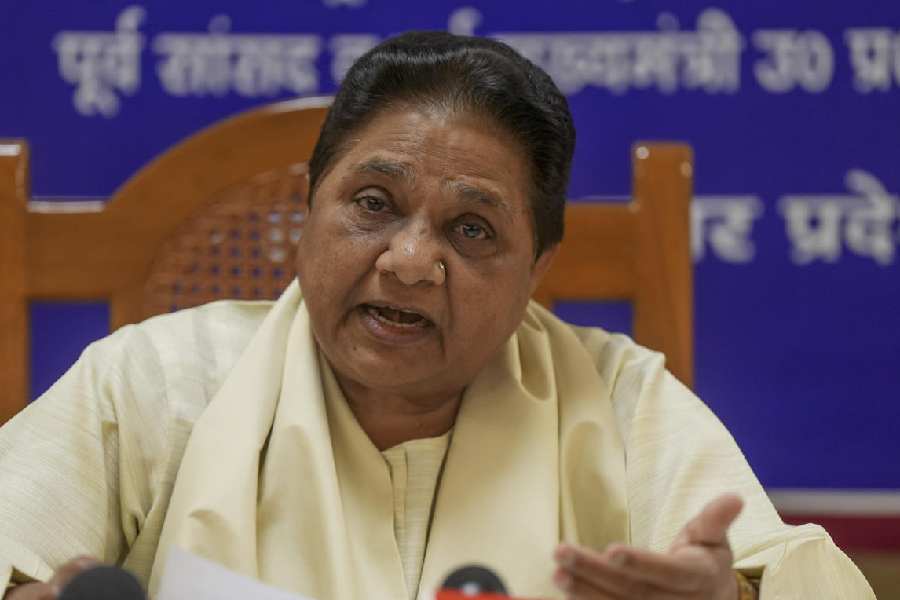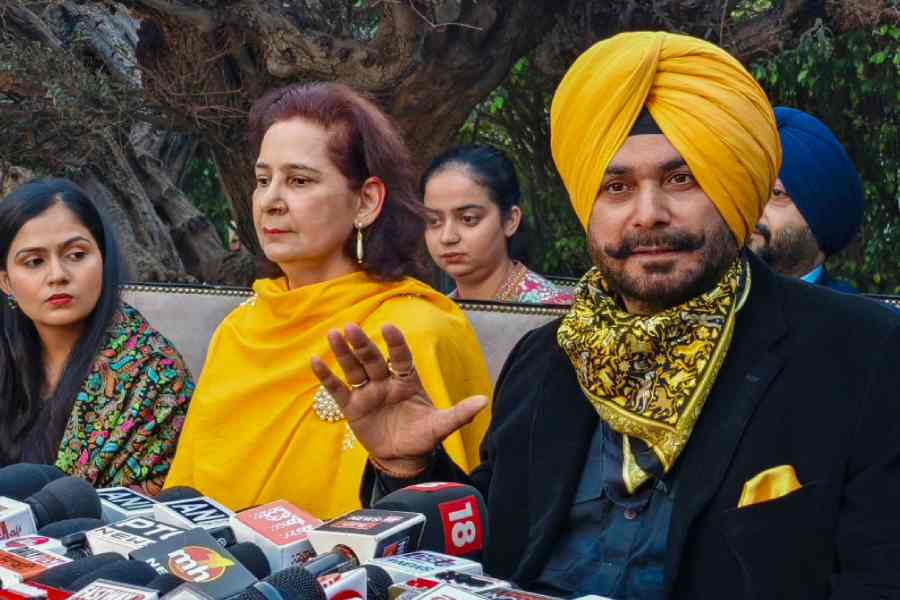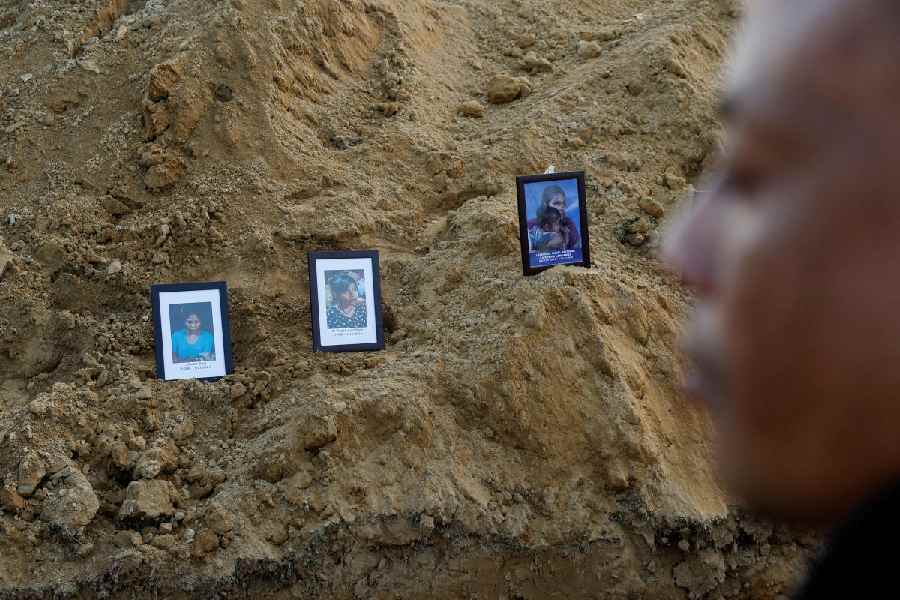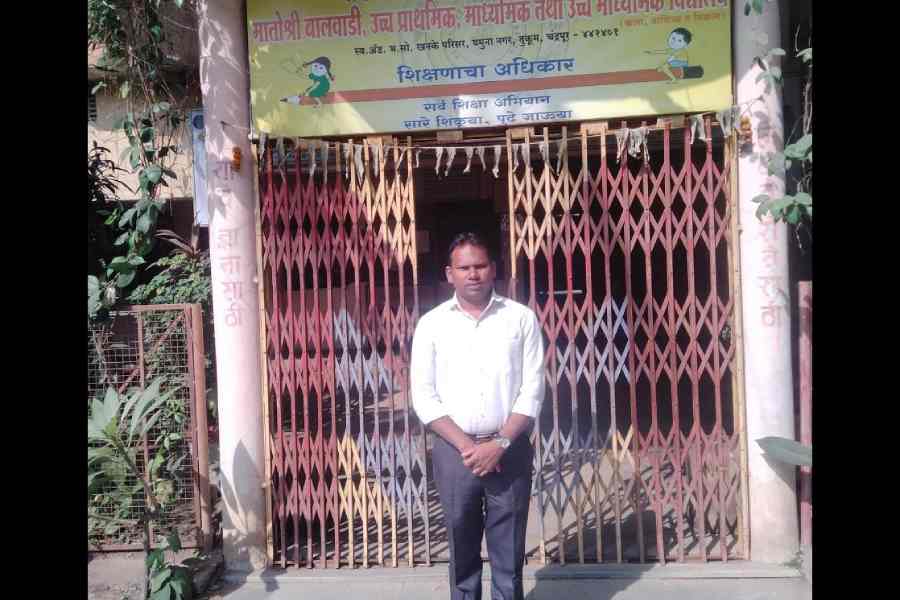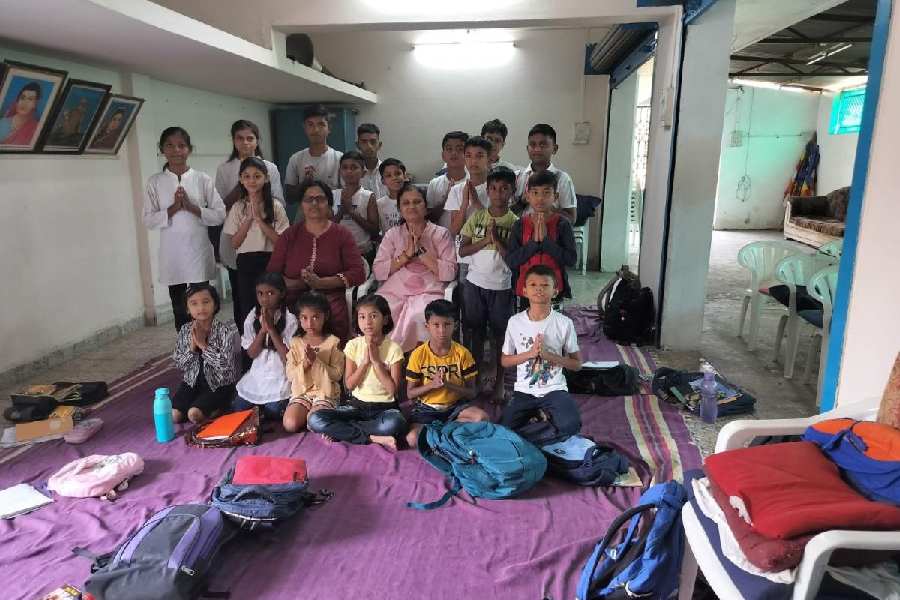With the three-week lockdown likely to continue beyond April 14, several leading citizens The Telegraph spoke to on Friday mooted “active and deeper engagement” between government officials, civil society groups and local community leaders to complement the state administration’s efforts for “effective” implementation of lockdown restrictions and smooth supply of essential items.
They appreciated Dispur’s efforts to “protect and feed” people during the lockdown but said these efforts are yet to yield the desired result, even after 15 days, something which requires fixing because nobody knows “when life will return to normal”.
According to Axom Nagarik Samaj’s Paresh Malakar, Assam Christian Forum’s Allen Brooks and Save Guwahati Build Guwahati’s Kailash Sarma, the government should look at immediately activating ward committees/nagarik committees/village defence parties as they are the people on the ground — with a better idea about the local population, the lay of the land and their needs and requirements, which could be tapped by government/police personnel in this hour of crisis.
“The police have a list of influential people in each area/ward/panchayat. These can be activated to ensure lockdown restrictions, help the needy and ailing, create awareness about what we are dealing with and what needs to be done to save ourselves and the country. An active and deeper engagement by the government with community leaders is the need of the hour,” said Brooks.
Malakar and Sarma said by involving influential community members/leaders to take care of “micro-issues” the government can take care of the “macro picture before it is too late”.
According to them, one-size-fits-all policies/directives were not going to work on the ground because “local dynamics” of Guwahati are very different from those of Nalbari or Jorhat.
Most were of the view that deputy commissioners and superintendents of police should be given a free hand to work out strategies to ensure smooth supply of essentials and lockdown restrictions. They should also be made accountable for their policies.
“It is our duty to stand united in this hour of crisis and help the government in tackling it. Similarly, it is the duty of the government to utilise influential people at the grassroots who could be force multiplier. Everything should be done in a transparent manner and people should be made accountable for their actions,” Malakar said.
Sources said it was not that the government was not tapping civil society groups/leaders but it was wary of “deepening the engagement” with them because they may start “pushing” their own agenda or may become “difficult” to control. “But these issues can always be checked by proper handling,” Brooks said.
Some proposals the government could consider to ensure a smooth lockdown to ensure safety of residents and local economy:
- Activate ward committees/VDPs/nagarik committees and provide them with helplines so that locals could reach them in times of exigencies.
- These committees could be empowered to issue passes to members of their wards/localities in consultation with local police stations so that it can ease pressure on DC offices/thanas.
- Stress on home delivery of essentials to keep people indoors and check violations by streamlining the supply chain between consumer-retailer-wholesaler-source. Telephone numbers of those dealing with essentials should be properly publicised through local committees/ward members.
- Food and civil supplies and agriculture departments need to work in tandem to ensure prices are controlled at the last selling point.
- Commuting passes should be issued to domestic help and caregivers looking after the elderly and the ailing.
- Identify doctors and nurses in an area/ward/panchayat so they can be reached out to during exigencies. They should be made part of the local area committees.
- Administration should announce time and location where vegetables/essentials would be sold. At least four to five trucks should be allowed in each ward to supply essentials.
- Involve volunteers/NCC cadets to check rush at banks and important public offices.
- Local committees should be involved in tracing the needy, stranded and daily wagers in an area/ward for extending relief.
- Reopening of food/essential item manufacturing units by enforcing lockdown guidelines to kick-start the local economy. Deputy commissioner to be given free hand to deal with local issues.

